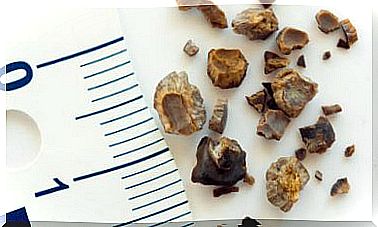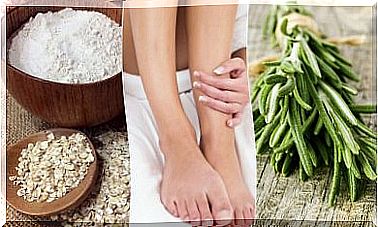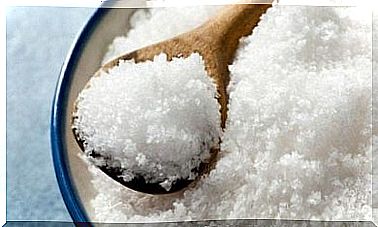Natural Remedies For Inflamed Gums
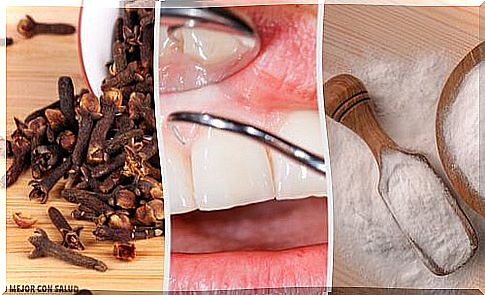
Inflamed gums are one of the most common periodontal problems in dental appointments. This condition is known as gingivitis and is usually caused by poor oral hygiene and other poor lifestyle habits.
Bacteria and microbes that normally inhabit our mouths multiply when we don’t pay proper attention to our oral hygiene. Inflammation caused by excess bacteria deteriorates the tissues that support teeth, causing them to fall out if the problem is not treated in time. This is known as ‘periodontitis’.
The inflamed gums cause tenderness and pain in the region, turn red and, in most cases, bleed a little. Good oral health, and specifically that of our gums, can recover if we follow some dentists’ recommendations.
Natural Remedies for Inflamed Gums
Popularly, several natural remedies have been recommended to alleviate the discomfort caused by inflamed gums. Most of these recipes are made with common ingredients such as aloe vera and lemon juice, which are attributed various properties.

But beware, although several properties are attributed to these remedies and some of their elements may have some potential, it is not scientifically proven that they are 100% effective and that they do not have any kind of side effects.
The researchers say that it is necessary to continue investigating the properties of these ingredients to know and determine their usefulness in humans.
If you dare to try any of these remedies, remember that they have not been proven to eliminate the problem or, in your case, to bring you relief. Therefore, in any case, consider them as a supplement to the doctor’s prescription.
aloe vera
Aloe vera is a commonly used plant to which antifungal, anti-inflammatory, antibacterial and healing properties are attributed, which is why it has also been used to combat gingivitis.
In fact, in a recent study, it was shown that it can provide some relief when used as a mouthwash, as it would help to reduce inflammation.
If you don’t want to prepare an aloe vera mouthwash to use after brushing, you can take an aloe vera stalk, peel it and rinse it with plenty of water, then place the aloe vera gel directly on the inflamed gums. . Remember not to swallow!
clove
the clove
Ingredients
- 5 cloves.
- 1 cup of water (250 ml).
Procedure
- Prepare a mouthwash by placing 5 cloves in a cup of hot water.
- Allow to cool before using.
salt water
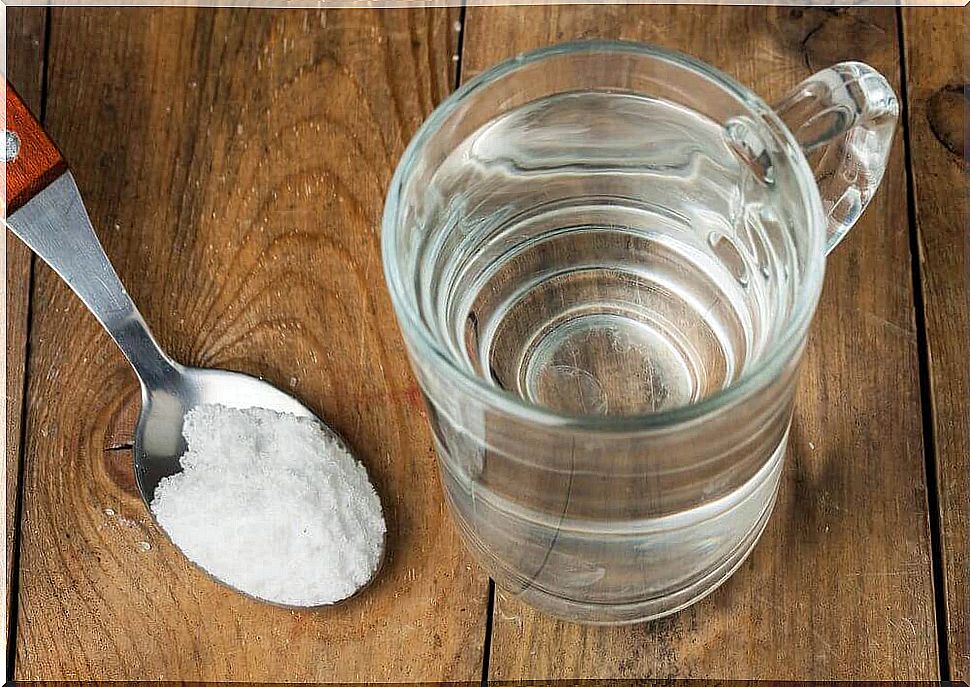
This medicine to treat inflamed gums was our grandmothers’ favorite. It is believed that salt water could serve to de-ignite the entire oral cavity and eliminate harmful bacteria.
To take advantage of its virtues, just make a mixture of salt water and rinse your mouth for a few minutes before and after brushing.
It is considered that this remedy may be more effective if prepared with sea salt, however this is not scientifically proven.
salt and ginger
Another of the products used to treat inflammation of the gums is ginger. This peculiar spicy-tasting root has anti-inflammatory, analgesic and antioxidant properties that can help achieve some relief.
Ingredients
- a small piece of ginger
- A bit of salt
Procedure
- Take the piece of ginger and grind it into a paste.
- Add the salt and, if necessary, add a few drops of water to obtain the consistency of a not too thick paste.
- Use the mixture to massage inflamed gums.
Inflamed gums? Recommendations to consider
Inflamed gums damage the tissues surrounding the teeth, causing bad breath and, in many cases, it can lead to possible loss of teeth.
Bleeding from this condition can become a breeding ground for opportunistic microbes and bacteria. In this way, serious infections can develop and spread to other teeth.
There are some clinical predispositions to suffer from inflamed gums. Some diseases that attack the immune system, along with poor nutrition, can increase your risk of developing this condition.
Therefore, it is important to include fiber in your daily diet, eating cereals and seeds. Other useful tips are:
- Add more green vegetables such as broccoli and asparagus, which are an important source of folic acid and vitamin C.
- Avoid the consumption of refined sugar and white flours, as these foods stimulate the proliferation of bacteria and deteriorate your oral health.
- The use of dental braces and removable dentures can interfere with proper oral hygiene. It is essential to learn to perform hygiene, improve certain habits and, in general, reinforce mouth care.
Finally, periodically seeing your dentist for a professional cleaning twice a year (1 time every 6 months) will also help to avoid complications. Prevention is the best way to avoid this painful problem.



